Assessment methods should reflect realworld problem-solving from "summary" of The Unschooled Mind by Howard Gardner
Assessment methods should mirror the types of challenges and dilemmas that individuals encounter in the real world. If individuals are to function effectively in society, they must be able to solve problems that are complex, messy, and ill-defined. Yet, traditional assessment measures often involve tasks that are decontextualized, clear-cut, and artificial. When individuals are asked to solve contrived problems that have no relevance to their lives, they are unable to demonstrate their true problem-solving abilities. Real-world problem-solving requires individuals to draw upon a variety of skills and knowledge from different domains. It demands creativity, critical thinking, collaboration, and the ability to adapt to changing circumstances. However, traditional assessments typically focus on rote memorization and regurgitation of information. They do not capture the complexity and multidimensionality of real-world problem-solving. In order to assess individuals' ability to solve real-world problems, assessment methods must be authentic and contextualized. They must present individuals with challenges that are meaningful and relevant to their lives. By engaging individuals in tasks that mirror the types of problems they will encounter outside the classroom, educators can better evaluate their problem-solving skills and competencies. Authentic assessment methods also provide individuals with opportunities to demonstrate their understanding in a more holistic manner. Rather than relying solely on standardized tests and multiple-choice questions, authentic assessments allow individuals to showcase their abilities through projects, presentations, and performances. These types of assessments enable individuals to apply their knowledge in practical and meaningful ways. Furthermore, authentic assessment methods encourage individuals to think critically, creatively, and collaboratively. They foster a deeper understanding of concepts and principles, as individuals are required to apply their knowledge in real-world contexts. By aligning assessment methods with the demands of the real world, educators can better prepare individuals for the challenges they will face in their personal and professional lives.Similar Posts
Clarity in explanations for easy comprehension
The explanations provided in this book are designed to be clear and easy to understand. The authors have taken great care to en...

Emphasize process over product in assessment practices
When we talk about emphasizing process over product in assessment practices, we are shifting our focus from the end result to h...
PBL helps students develop lifelong learning skills
Problem-based learning (PBL) is a powerful educational approach that goes beyond traditional teaching methods by placing studen...
Understanding individual differences informs instruction
Understanding individual differences is a crucial aspect of effective instruction. Every student comes to the classroom with a ...
Communication skills are important for the CIA exam
Communication skills play a crucial role in the CIA exam, as they are essential for effective information exchange and comprehe...
